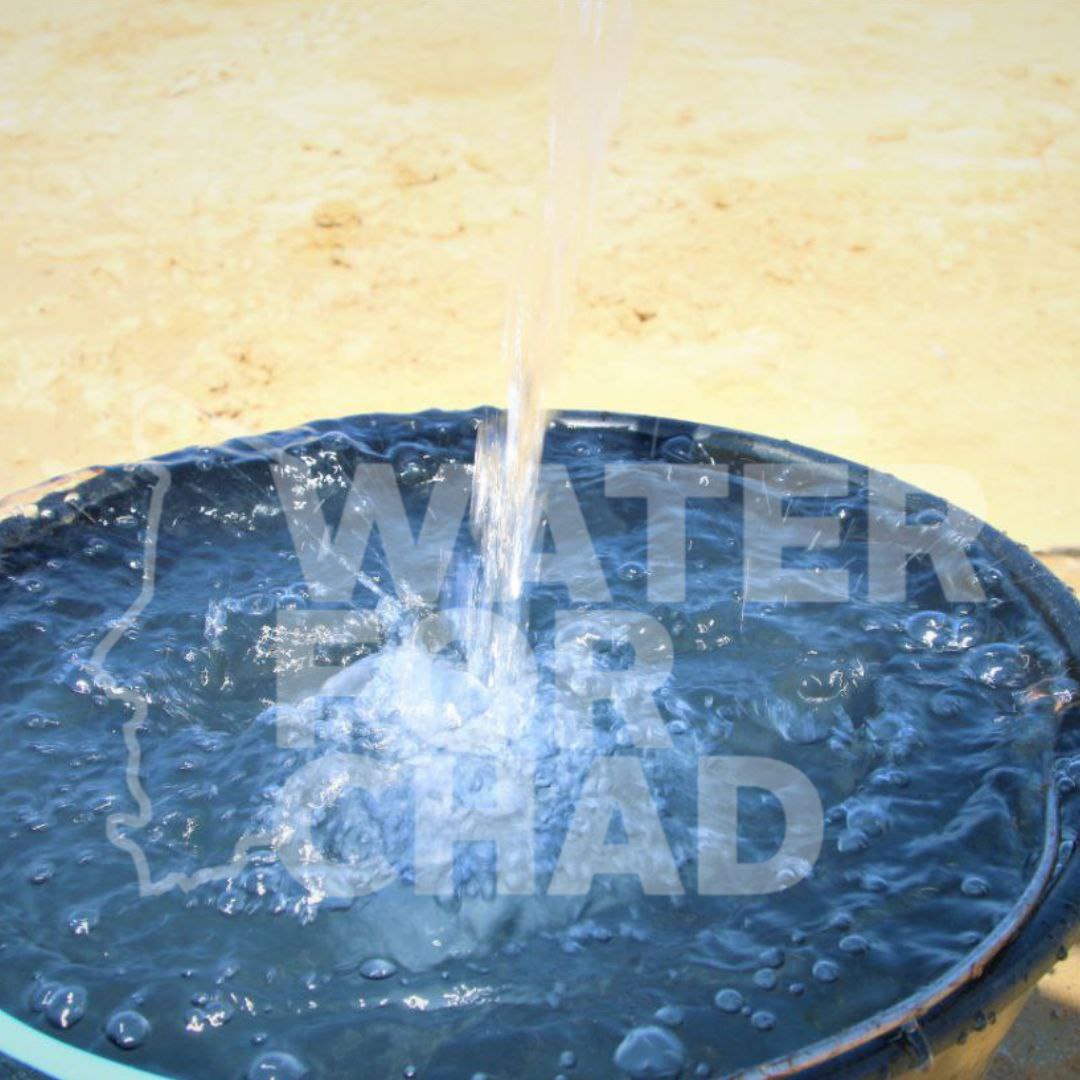Access to drinking water is a major challenge in Chad, particularly in rural areas where only 32% of the population has access to safe water, compared to 78% in urban areas. Several factors contribute to this situation:
Infrastructural factors:
- Lack of water supply infrastructure: Chad lacks adequate infrastructure to supply the population with drinking water, including boreholes, pumps, and distribution networks. This is particularly true in rural areas, where populations are often dispersed and far from water sources.
- Poor maintenance of infrastructure: Existing water supply infrastructure is often poorly maintained, leading to leaks, breakdowns, and water contamination.
- Insufficient water treatment capacity: Chad lacks adequate capacity to treat drinking water, which means that much of the available water is not safe to drink.
Financial factors:
- Poverty: Poverty is a major barrier to access to drinking water in Chad. Poor households often cannot afford the cost of accessing water or domestic water treatment technologies.
- Water pricing: The price of water can be high, especially in urban areas, which can exclude the poorest households.
Institutional factors:
- Weak governance of the water sector: The water sector in Chad is weakened by poor coordination between the different institutions involved, a lack of transparency, and insufficient accountability.
- Inadequate legal and regulatory framework: The legal and regulatory framework governing the drinking water sector in Chad is often inadequate and does not guarantee equitable and sustainable access to drinking water for all.
Environmental factors:
- Drought: Chad is an arid country prone to drought, which limits water availability and makes it difficult to supply populations with drinking water.
- Land degradation: Land degradation, due to erosion, deforestation and other factors, contributes to water source pollution and makes access to drinking water more difficult.
- Climate change: Climate change is likely to exacerbate drought and land degradation problems in Chad, which will have a negative impact on access to drinking water.
Socio-cultural factors:
- Lack of awareness of hygiene: The lack of awareness of the importance of hygiene and sanitation can lead to practices that contaminate drinking water.
- Gender disparities: Women and girls are often responsible for collecting water, which can be time-consuming and prevent them from attending school or work.
In addition to these factors, it is important to note that access to drinking water is often linked to other development problems, such as poverty, malnutrition and health. A comprehensive and multi-sectoral approach is therefore needed to address the challenge of access to drinking water in Chad.
Here are some recommendations for improving access to drinking water in Chad:
- Invest in the construction of water supply infrastructure: It is necessary to build new boreholes, pumps and drinking water distribution networks, particularly in rural areas.
- Improve infrastructure maintenance: It is important to implement regular maintenance and maintenance programs to ensure the proper functioning of water supply infrastructure.
- Strengthen water treatment capacities: It is necessary to invest in the construction and rehabilitation of drinking water treatment plants.
- Implement subsidy policies for poor households: Governments can implement subsidy policies to make drinking water more accessible to poor households.
- Improve water sector governance: It is necessary to strengthen coordination between the different institutions involved in the water sector, to improve transparency and accountability, and to develop a sound legal and regulatory framework.
- Raise awareness of hygiene and sanitation: It is important to raise awareness of the importance of hygiene and sanitation practices to prevent water contamination.
- Promote gender equality: It is necessary to promote gender equality in access to water and sanitation, and to involve women and girls in decision-making processes related to water management.
References
- UNICEF. (2021). Water, sanitation and hygiene. https://www.unicef.org/chad/
- World Bank. (2021). Chad: Access to safe water and basic sanitation (% of population). https://datatopics.worldbank.org/sdgatlas/archive/2017/SDG-06-clean-water-and-sanitation.html
- African Development Bank. (2018). Chad: Drinking Water Supply and Sanitation Project. https://www.afdb.org/en/news-and-events/press-releases/chad-african-development-bank-approves-donation-over-eur-34-million-improve-water-and-sanitation-66118


